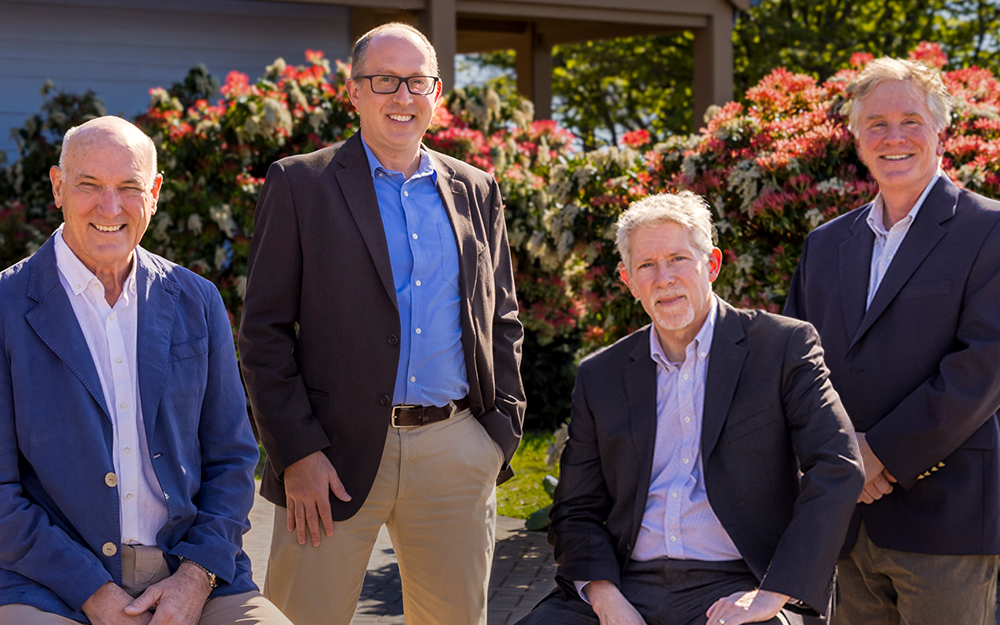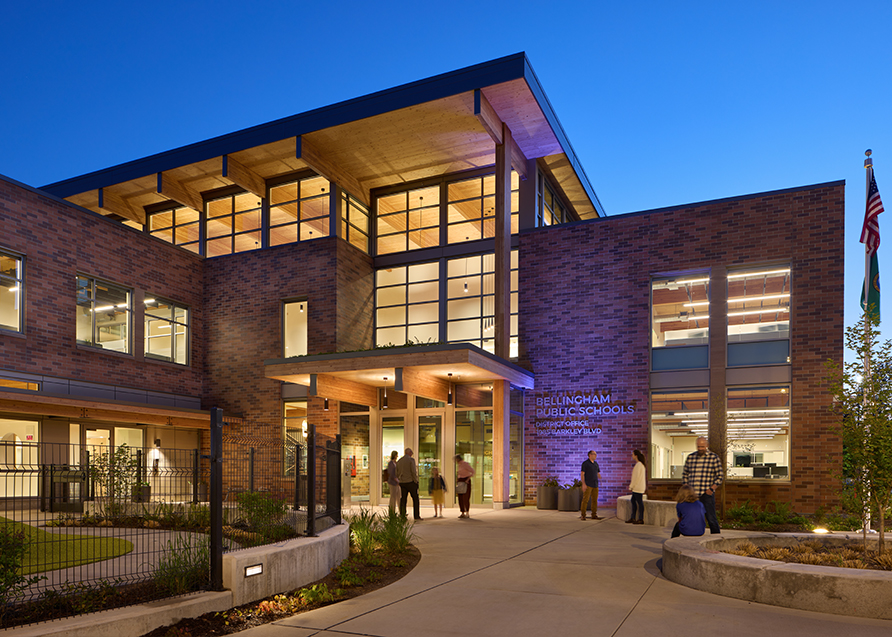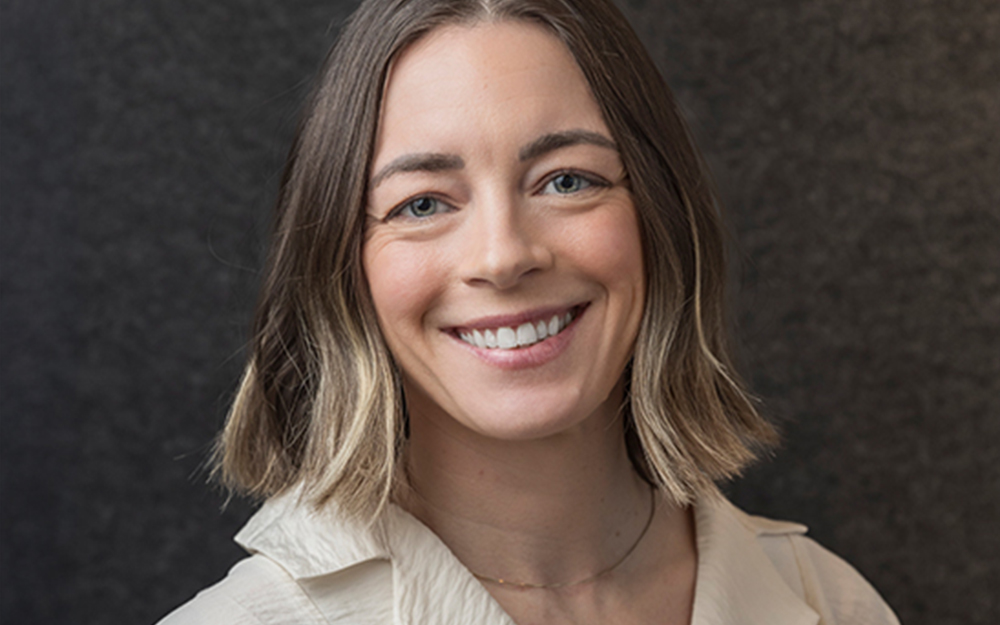In January, “breathe” was a reminder to pause for perspective. We were moving at breakneck pace, struggling to keep up and wondering how best to navigate through to 2021— all against the backdrop of what was sure to be an intense election year.
In July, “breathe” is a reminder that people all around us are struggling to survive, whether stricken with the disease of a global pandemic, pinned beneath the chokehold of structural racism, or wracked with anxiety about the myriad implications of both. All against the backdrop of what is shaping up to be a historically contentious election year.
What a difference six months makes.
Which makes looking ahead six months almost laughable. We won’t try to do that. But what we will say is that we are OK, and we’re going to be OK and we see that OK-ness in the new light shining through the cracks that these dark times have broken wide open: as an advantage best used to help others achieve the same.
We’re still thinking about how we can do that. Here are some of the questions we’ve been kicking around:
- Are we inadvertently excluding people through design? What’s the best way to get input from voices not typically heard?
- In mourning the temporary loss of public gathering spaces, we’re reminded of how essential they are. We’re also heartened to see streets and sidewalks making room for safe social and outdoor connections. What are ways we can preserve, elevate and celebrate public spaces moving forward?
- Nothing underlines the need for adaptability like a global pandemic, not just for individuals and organizations, but for the built environment that either supports or hinders new behaviors. How can we leverage our projects in progress to think differently about building in resilience?
We don’t have all the answers yet, but our ears are open in a different way, and we’re listening. In the meantime, we literally carry a reminder on our faces each day:
We wear the mask to protect others. Others wear it to protect us. Might we all breathe easier if this were the way we approached all of our challenges?


